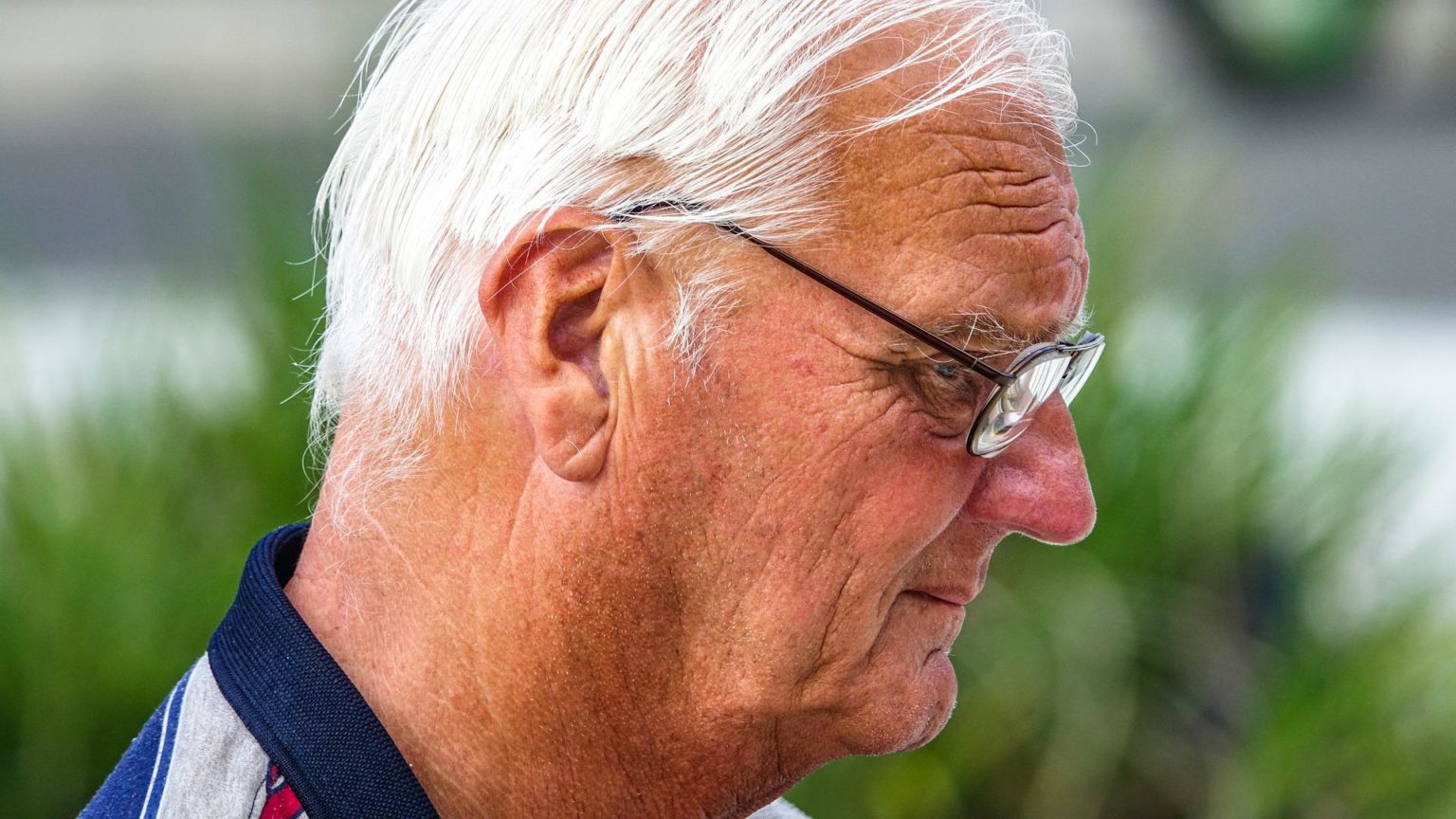In recent decades, unwanted loneliness has become one of the unavoidable challenges of developed societies, due to its increased incidence and its negative effects on physical health and psychological well-being, especially in the elderly population.
Since the start of the Cuatroochenta Chair in June 2021, one of its main lines of research has been addressing unwanted loneliness. In this line, they have developed, what today constitutes their main projects, "Serena" a chatbot based on artificial intelligence to assess unwanted loneliness and "Senior Monitoring", a non-intrusive location system whose objective is to monitor through smart watches significant changes in behavioural patterns of elderly people living alone to predict signs of cognitive impairment.
Addressing unwanted loneliness: the Chair's priority objective
The management dyad formed by Antonio Caballer and Óscar Belmonte is very aware that unwanted loneliness has become, in recent years, one of the unavoidable challenges of developed societies and that therefore, strategies are needed to detect it to intervene early and thus avoid the negative impact on the physical and psychological health of the elderly.

Los directores de la Cátedra, Óscar Belmonte y Antonio Caballer, durante su ponencia. Foto: Fundacion Víctor Grífols i Lucas
These figures are increasing with each passing year. Although "being alone is not the same as being lonely", due to various sociocultural changes that have occurred in recent decades, such as the ageing of the population, new family models, changes in the values that society has experienced and, recently, the restrictions due to the COVID-19 pandemic, more and more elderly people have been forced into situations of dissatisfaction about their social life. In addition, unwanted loneliness means an increased risk of frailty, psychological disturbances such as anxiety and depression, as well as a higher probability of cognitive impairment, hospitalization, dependence and even death in this group.

Seminar on unwanted loneliness in the digital age
The directors of the Chair participated, on May 23, in a round table discussion at the Seminar: "Unwanted loneliness in the digital age" organized by the Víctor Grífols y Lucas Foundation and the Mémora Foundation. The event was part of the Cities that Care project, a link between the two foundations whose main objective is to prevent as far as possible the death of people in situations of vulnerability and unwanted loneliness.
Óscar Belmonte and Antonio Caballer, both co-directors of the Chair Cuatroochenta of the University Jaume I (UJI) took advantage of their participation to present the projects "Senior Monitoring" and "Serena". Both were very well received by the specialized audience attending the seminar as viable and innovative alternatives for evaluation.

Carme Torras, Óscar Belmonte, Antonio Caballer y Carme Pratdepàdua. Foto: Fundació Victor Grífols i Lucas
The mentioned table also counted with the participation of Carme Torras, research professor at the Institute of Robotics and Industrial Informatics (CSIC-UPC) and Carme Pratdepàdua, head of the Office mhealth.cat| TIC SALUT. Carme Pratdepàdua presented the InterSocial Project dedicated to the promotion of a terminology and vocabulary common to the different management systems in the field of social care in Catalonia to promote an improvement in the integration and operability of data. Likewise, Carme Torras Genís, showed the seminar attendees the Open Laboratory of Assisted Living, a project that has prototypes of assistive robots that support people with reduced mobility in daily living tasks such as eating or dressing as well as performing cognitive stimulation with users in order to delay cognitive impairment in the elderly.
During the event, which took place at the headquarters of Cosmocaixa in Barcelona, not only the different technological alternatives currently emerging for intervention in unwanted loneliness, such as tools based on artificial intelligence algorithms, social robotics, APPs in health, among others, were discussed, but also the need to consider the ethical aspects of the use and application of new technologies, so as to ensure privacy, accessibility and equity for all people, also taking into account the existing digital divide that mainly affects the elderly.
During the conversation, there was a general consensus among all attendees when considering unwanted loneliness as a current and emerging problem and the need to adapt to the socio-demographic and personal characteristics when intervening was highlighted. In addition, Sonia Tirado, who also holds a PhD in psychology, referred to the integrated approach to frailty by the Chair's research team, with the social component being an important aspect to be taken into account.
"I find interesting the integration of this holistic vision of health, where not only the physical component takes precedence, but also takes into account other aspects such as the cognitive aspect and unwanted loneliness"
Sonia Tirado, Director General for Innovation of the Generalitat Valenciana